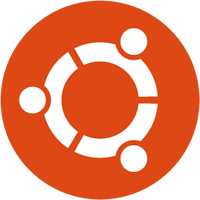
Ok, here’s a quick one.
I recently had the Ubuntu upgrade popup kick in on my desktop computer, prompting me to upgrade to Ubuntu 20.04. It was a rainy afternoon, so I went ahead.
Things seemed to go fine (even my dual screen Nvidia setup worked), but I could no longer log in from either the desktop or ssh. The local root account was fine, but none of the network users could log in.
So, this was an NIS / ypbind problem.
I logged in as root and ran ypwhich, which reported it could not connect to ypbind. However, networking was working, and I could ping the NIS server.
Running /etc/init.d/nis restart didn’t do anything, but when I ran ypbind manually, all of a sudden I was able to log in.
Ubuntu likes to change their startup scripts as often as politicians like to change their faces, so I wasn’t overly surprised. Most likely the startup order had changed, and maybe NIS was being brought up before networking was initialised.
My quick and dirty solution
Ok, so I’m getting old, and I don’t enjoy this as much as I once did. I’d rather not spend the entire day deep in the bowls of upstart or systemd or whatever the new thing Ubuntu is using today.
So, this isn’t the correct solution, but it works.
- Log in as root
- Edit the crontab:
crontab -e - Add this line:
@reboot /usr/sbin/ypbind &
Save and reboot, and you should be able to log in.
Yes, I know this is dirty, but honestly life is too short!
